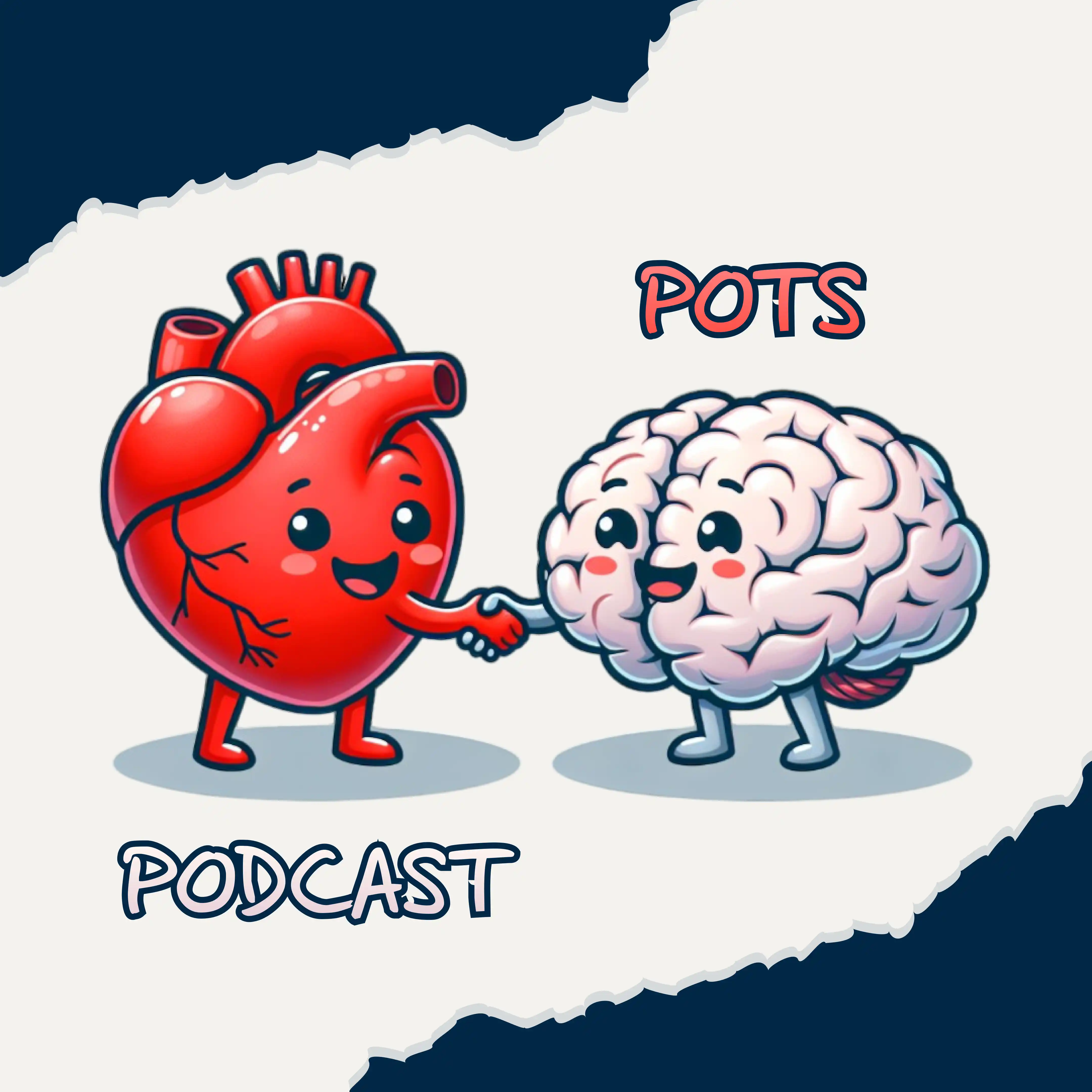
The Muscle Brain Connection Missing From Most POTS Treatment
Back-to-school season brings a surge of students struggling with concussions, POTS, and chronic fatigue that's keeping them out of classrooms and off sports fields. In this episode of My POTS Podcast, host Dr. Schneider reveals why muscle weakness isn't just a symptom but the key to understanding why recovery stalls for so many patients with dysautonomia and brain injuries. Your musculoskeletal system is actually your body's largest organ system, producing powerful signaling molecules called myokines that communicate directly with your brain, immune system, and every major organ. When muscles stop working properly due to chronic fatigue or injury, this entire communication network breaks down, creating a cascade of dysfunction affecting memory, metabolism, and healing capacity. Students and athletes who maintain even basic exercise routines recover faster and more completely than those who become sedentary. This episode explains how targeted movement therapy can double the size of your hippocampus, stimulate brain-derived neurotrophic factors, and restart the natural healing processes that medications alone cannot achieve. Connect with Dr. Joseph Schneider: Website: Hope Brain and Body Recovery Center; Hope Regeneration Center Podcast: MyPOTSPodcast.com LinkedIn: Joseph Schneider YouTube: HopeBrainBodyRecoveryCenter Instagram: @HopeBrainCenter_ Facebook: Hope Brain and Body Recovery Center
Description:
Back-to-school season brings a surge of students struggling with concussions, POTS, and chronic fatigue that's keeping them out of classrooms and off sports fields. In this episode of My POTS Podcast, host Dr. Schneider reveals why muscle weakness isn't just a symptom but the key to understanding why recovery stalls for so many patients with dysautonomia and brain injuries. Your musculoskeletal system is actually your body's largest organ system, producing powerful signaling molecules called myokines that communicate directly with your brain, immune system, and every major organ. When muscles stop working properly due to chronic fatigue or injury, this entire communication network breaks down, creating a cascade of dysfunction affecting memory, metabolism, and healing capacity. Students and athletes who maintain even basic exercise routines recover faster and more completely than those who become sedentary. This episode explains how targeted movement therapy can double the size of your hippocampus, stimulate brain-derived neurotrophic factors, and restart the natural healing processes that medications alone cannot achieve. Connect with Dr. Joseph Schneider: Podcast: MyPOTSPodcast.com LinkedIn: Joseph Schneider YouTube: HopeBrainBodyRecoveryCenter Instagram: @HopeBrainCenter_
Website: Hope Brain and Body Recovery Center; Hope Regeneration Center





Comments